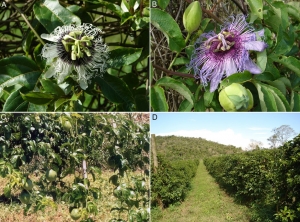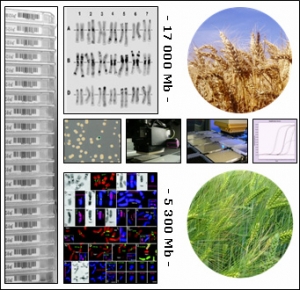
Plant genome sequencing
| Plant sequencing requires quality genome resources and varied competences in order to manage and diffuse reliable resources, define physical maps, carry out sequencing and undertake bio-informatic analysis. To put such synergies in place and meet the existing significant costs of such projects, laboratories form international consortia. Thus, today the CNRGV is a recognized partner of numerous international sequencing projects. |
|
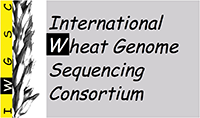
IWGSC : The International Wheat Genome Sequencing Consortium
Sequencing the wheat genome has long been considered an insurmountable challenge, due to the high complexity of the wheat genome. But improving average wheat yields has become a major objective with genome sequencing as its prerequisite. The International Wheat Genome Sequencing Consortium (IWGSC) was created in 2005 by a group of wheat growers, plant scientists, and public and private breeders to change this paradigm. Today, the international public-private collaborative consortium has more than 1,500 members in 60 countries. The goal of the IWGSC is to make a high quality genome sequence of the bread wheat cv. Chinese Spring publicly available, in order to serve as a foundation for the accelerated development of improved varieties and to empower all aspects of basic and applied wheat science.
Read more
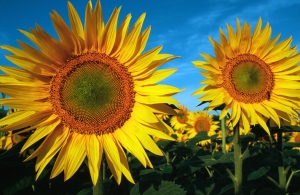
Genomics of Sunflower
The CNRGV is the partner of the genome sequencing project involving Canada, USA and France. In this project, the CNRGV will be in charge of the constructions of the new sunflower BAC libraries from the genotype HA412-HO. 3 BAC libraries will be constructed using 3 different enzymes (HindIII, EcoRI, and BamHI) in order to reach a 12 to 14 x coverage of the sunflower genome.
Read more
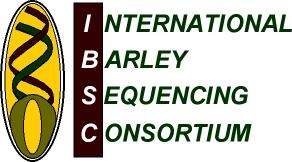
IBSC : The International Barley Sequencing Consortium
The objective of the International Barley Sequencing Consortium (IBSC) is to physically map and sequence the barley gene space, and an ordered physical map linked to the genetic map to accelerate crop improvement.
Read more
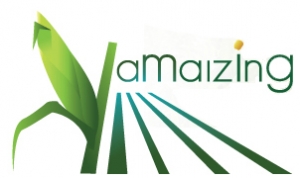
AMAIZING
AMAIZING aims at the development of innovative breakthrough in breeding methods and agricultural practices for the production of high yielding crop varieties with improved environmental values. It relies on a large partnership between the key players of maize economy in France and in particular a strong private partnership unique to date in the history of maize research in France.
Read more
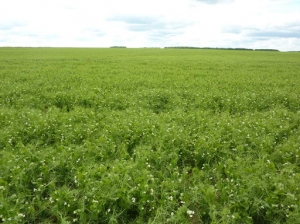
Pea MUlti-STress adaptation and biological regulations for yield improvement and stability
Project funded in the frame of "Investments for the future"
Read more
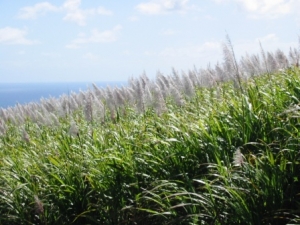
The Sugarcane Genome Sequencing Initiative (SUGESI): Strategies for Sequencing a Highly Complex Genome
Sugarcane cultivars derive from recent interspecific hybrids obtained by crossing Saccharum officinarum and Saccharum spontaneum and represent relevant feedstock used worldwide for biofuel production.
Read more
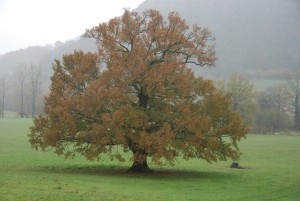
GENOAK : Sequencing of the oak genome and identification of genes that matter for forest tree adaptation
The objective of the GENOAK project are to establish a high quality reference genome sequence for Quercus robur, and to identify genes involved in adaptation through the analysis of adaptive divergence (incipient ecological speciation) at the transcriptome and genome-wide levels.
Read more
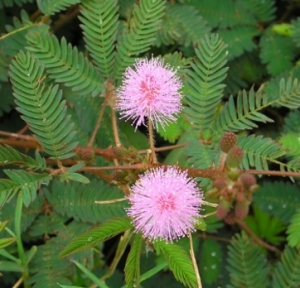
gEXTRACT
The perennial legume Mimosa pudica fits in that category as it is a recalcitrant plant producing high amounts of secondary metabolites and polysaccharides...
Read more
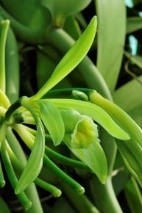
CONSORTIUM for the sequencing of Vanilla planifolia - « VANISEQ » project
This consortium aims at providing genomic resources and data in order to better understand the genetic of Vanilla planifolia.
Vanilla is a very popular flavoring material. Of the approximately 110 Vanilla species (Orchidaceae, monocot) that have been identified, only two are important in terms of commerce and cultivation; V. planifolia Andrews and V. tahitensis JW Moore. Among these, V. planifolia is the most valued for its flavor qualities and is therefore widely cultivated and used for the production of food additives.
Read more
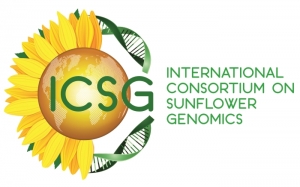
International Consortium on Sunflower Genomics - ICSG
The domesticated sunflower, Helianthus annuus L., is a global oil crop that has promise for climate change adaptation, because it can maintain stable yields across a wide variety of environmental conditions, including drought. Even greater resilience is achievable through the mining of resistance alleles from compatible wild sunflower relatives, including numerous extremophile species. The consortium has established a high-quality reference for the sunflower genome (3.6 Gb).
Read more
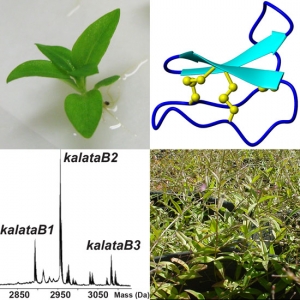
Oldenlandia affinis BAC library construction
Collaboration with the University of Queensland in Australia in order to construct an Oldenlandia affinis BAC library.
Read more
Tomato Genome Sequence
Determining the minimum tilling path from the tomato BAC library in order to sequence chromosome 7
Read more


